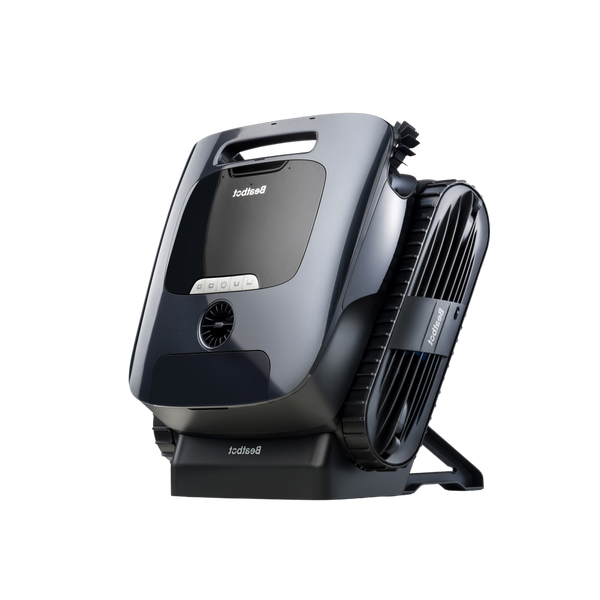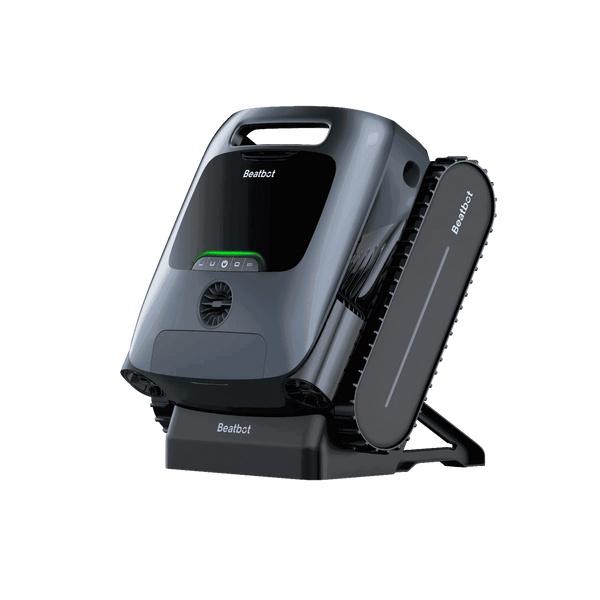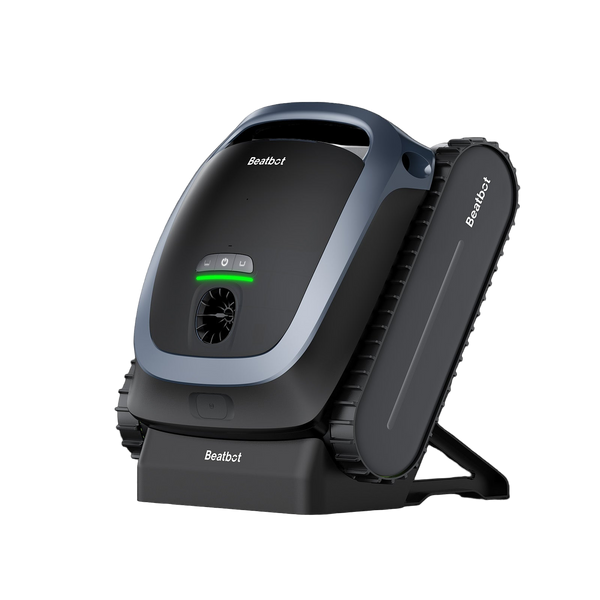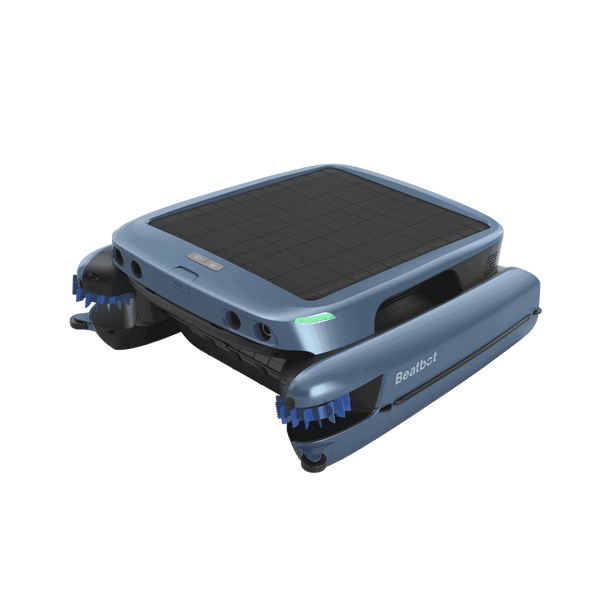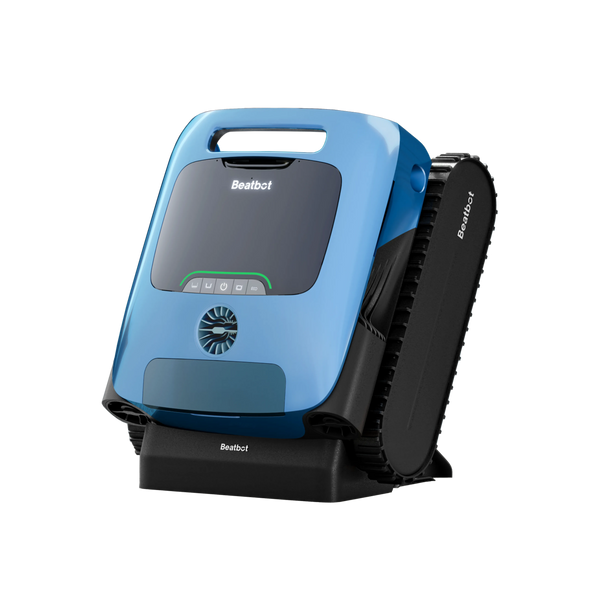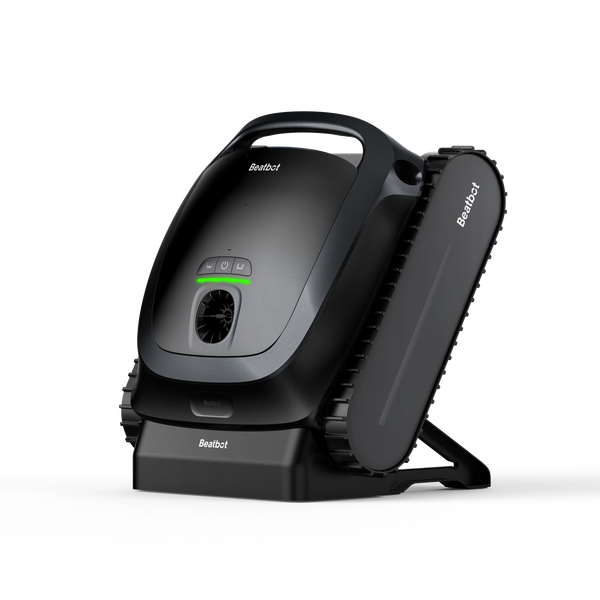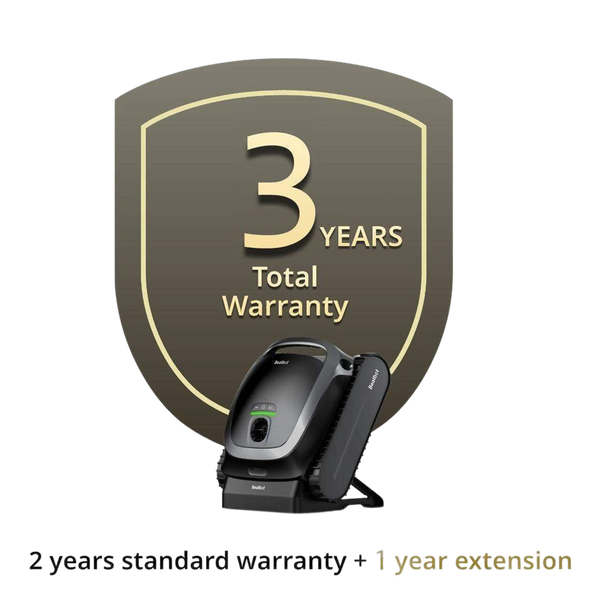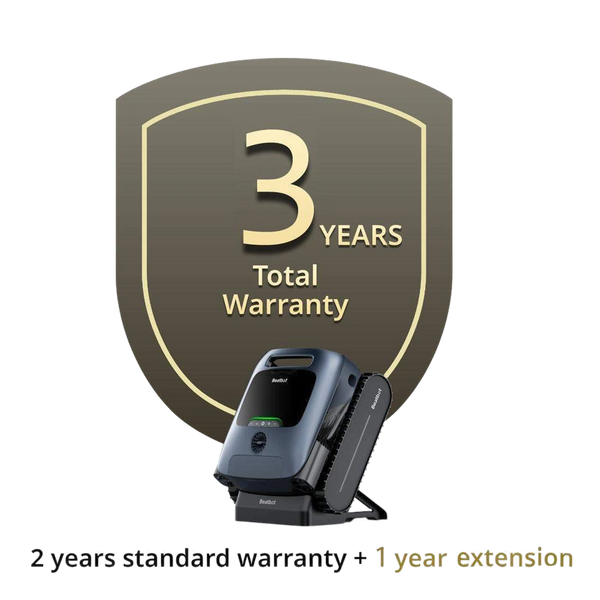Effective Methods to Keep Your Pool's Filtration System in Top Shape
The filtration system of a swimming pool is crucial for ensuring water cleanliness and preventing the deterioration of the pool environment. Maintaining them and keeping them in good condition is vital. However, for newcomers to pool ownership, this is not a simple task. This guide will walk you through how to maintain your swimming pool filtration system.
Table of content

Understanding the Pool Filtration System
Pool filters operate by circulating water through a specific filtering medium to remove impurities and debris. This process is vital for maintaining the cleanliness and clarity of the pool water.
Types of Filter Media
There are several types of filter media used in pool filters, each with its own unique benefits:
Sand Filters:
- Sand filters use specially graded sand to capture particles based on their size.
- The sand acts as a barrier, trapping larger particles and allowing cleaner water to pass through.
Glass Media Filters:
- Glass media filters offer enhanced filtration capabilities.
- The angular shape of the glass particles allows them to capture finer particles than sand filters.
- This results in cleaner and clearer pool water.
Cartridge Filters:
- Cartridge filters use a pleated fabric to trap contaminants.
- The large surface area of the pleated fabric prolongs the cleaning cycle, as it can hold more particles before needing to be cleaned.
Common Faults or Issues Encountered by Filtration System
Here are the potential issues that a swimming pool filtration system may encounter:
- Clogging : Due to prolonged operation or handling of a large amount of impurities, the filter media (such as sand, filter cloth, etc.) may become clogged, affecting water flow and filtration efficiency.
- Leakage : Leaks may occur in the system's pipes, valves, or connections due to aging, wear, or improper installation, resulting in water loss and decreased water pressure.
- Corrosion : Exposure to a damp environment containing chlorine or other chemicals for extended periods can cause corrosion of system components (such as metal pipes, pump bodies, etc.), compromising their structural integrity and service life.
- Biological Contamination : Algae, bacteria, or other microorganisms may grow within the filtration system, leading to water quality deterioration and potential damage to the filter media.
- Mechanical Failures : Mechanical equipment such as pumps and motors may malfunction due to overuse, lack of maintenance, or component wear, affecting the normal operation of the filtration system.
- Electrical Issues : The electrical control system may fail due to voltage fluctuations, short circuits, or loose wiring, impacting the automated control and monitoring of the filtration system.
- Efficiency Decline : Over time, the overall efficiency of the filtration system may gradually decrease, unable to meet the cleaning needs of pool water quality.
Caring for Your Pool Filters During Periods of Non-Use
When your pool is not in use, it's crucial to take proper care of your pool filters to ensure they remain in good condition and perform optimally once you resume swimming. Here are some steps you can take to protect and maintain your pool filters during these periods:
Implement Protective Measures
To shield your pool filters from harsh climatic conditions, implement protective measures such as:
- Covering the filters with protective materials that can withstand weather elements.
- Securing the filters from environmental elements to prevent damage from extreme temperatures, UV exposure, and moisture.
Conduct Regular Inspections
Regular inspections are key to uncovering any issues early on and facilitating timely repair or replacement. Check for:
- Debris accumulation that can clog the filters. Keep your skimmer s operational at all times, or regularly clean your pool of debris using effective pool cleaners such as a pool vacuum.
- Signs of corrosion that can weaken the filters' structure. In case of circuit faults or electrical issues, it is best to have a professional electrician perform repairs and inspections to ensure safety.
- Seal integrity to ensure there are no leaks or gaps that can compromise the filtration process. Repair or replace damaged pipes, connections, or pumps.

Consider Storage Solutions
Appropriate storage solutions can further safeguard your pool filters from potential damage caused by prolonged exposure to unfavorable weather conditions. Consider options such as:
- Climate-controlled storage areas that maintain a consistent temperature and humidity level.
- Specialized covers that provide a snug fit and offer protection from dust, debris, and moisture.
By following these steps, you can ensure that your pool filters remain in good condition during periods of non-use and are ready to perform optimally once you resume swimming.
Relative Blogs
About the author
